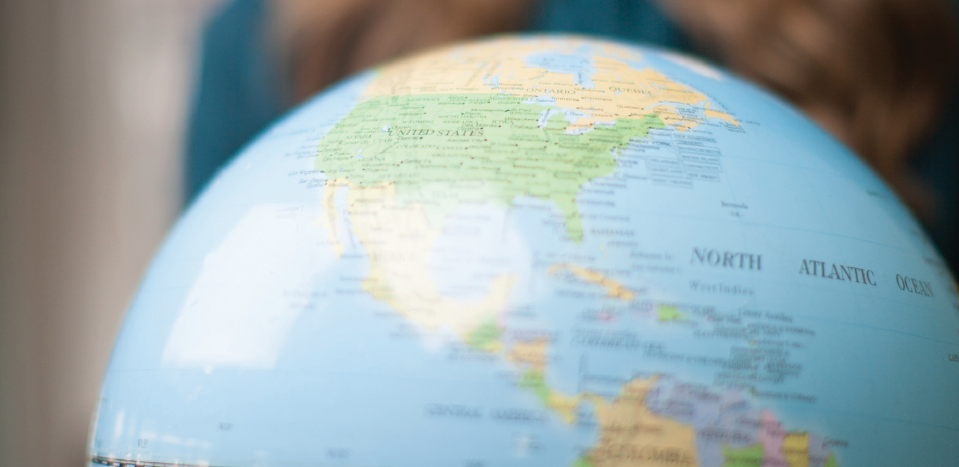By Elizabeth Reid
I have a picture on my wall of the gang of missionary kids I grew up with. We are stacked up on a slide: youngest at the bottom, oldest at the top. We are children of the ’90s, dressed in mismatched colors of the late ’80s. Fashion trends are slow to come to Kenya and clothes that are not hand-me-downs are even slower. No one has told us that we are out of style and we are joyously ignorant, concerned more with keeping ourselves from falling captive to forces of nature (bottom meets slide meets gravity) and less with the picture our parents want to capture for posterity.
No Idea
I know now my parents had no idea what they were doing. None of us do, I suppose, at the beginning of a thing. There is a certain sense in which this type of ignorance is a blessing—if we knew what it was really going to be like, we’d never start. Thirty years ago my parents packed everything they owned in a shipping container and moved. First to Tanzania for a year and then to Kenya for 12. They moved a world away from home to a country with customs they didn’t know and a language they didn’t speak to plant a church in a place no missionaries had been.
This idea never crossed my mind when I was younger, of course. A child’s ignorance is a blessing too—I was certain my parents had the answers and were making the best decisions on my behalf. We moved back to the United States and began trying to wear a life that didn’t quite fit: last year’s tennis shoes on this year’s growth spurt. I started to realize that Mom and Dad, like all adults, were flying blind and had been for many years. They assumed the life they’d left in Georgia years ago would be familiar and comfortable for my brother and me. But it didn’t fit. We didn’t fit. Childhood confidence turned to adolescent anger and eventually into adult resignation and an uncomfortable acceptance of reality.
Two Worlds
Africa changed me, shaped me, made me irrevocably other and foreign—a child of two worlds and a child of no world. My mother and father chose to make me different before I was even born. Did they think about me while they loaded their belongings into a shipping container headed for Africa? Did they see me, sitting on the Turkana basket reading while they loaded the Toyota?
I know now why my parents made the decision to leave our home in Kenya to come back to a place that wasn’t home. I understand why they resigned my brother and me to perpetual cultural displacement. I can’t begin to count the number of times I asked my mother, “Why did we move back to the United States?”
But I only asked the other question once. Having already begun my own calculation of the mathematics of commitment to something more important than myself, I knew her answer before I asked. “Why did you move to Kenya?”
“We saw a need,” she said, “and your father and I felt we were being called to fill it.”
Africa grabbed me and it never let me go. But God grabbed me first.
Elizabeth Reid is a recent graduate of Emmanuel Christian Seminary and lives in Atlanta, Georgia.



Comments: no replies